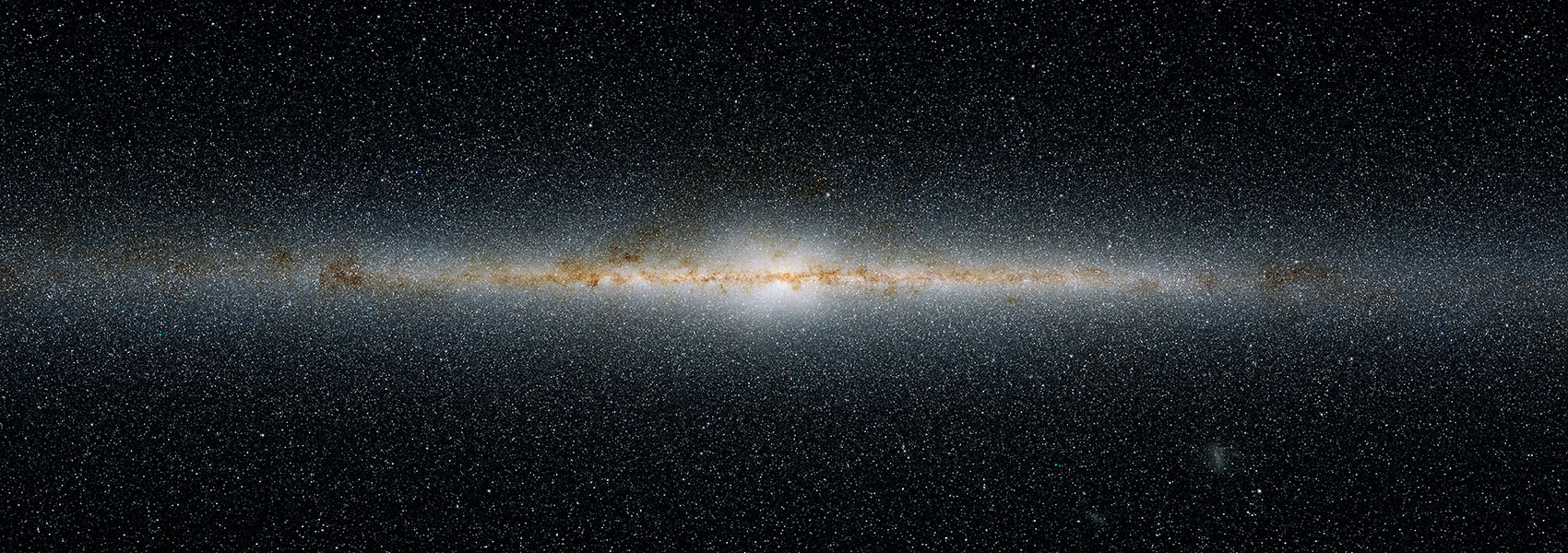March
2014
•
2014ApJ...783...68B
Authors
•
Beichman, C.
•
Gelino, Christopher R.
•
Kirkpatrick, J. Davy
•
Cushing, Michael C.
•
Dodson-Robinson, Sally
•
Marley, Mark S.
•
Morley, Caroline V.
•
Wright, E. L.
Abstract
•
We have determined astrometric positions for 15 WISE-discovered late-type brown dwarfs (six T8-9 and nine Y dwarfs) using the Keck-II telescope, the Spitzer Space Telescope, and the Hubble Space Telescope. Combining data from 8 to 20 epochs we derive parallactic and proper motions for these objects, which puts the majority within 15 pc. For ages greater than a few Gyr, as suggested from kinematic considerations, we find masses of 10-30 M Jup based on standard models for the evolution of low-mass objects with a range of mass estimates for individual objects, depending on the model in question. Three of the coolest objects have effective temperatures ~350 K and inferred masses of 10-15 M Jup. Our parallactic distances confirm earlier photometric estimates and direct measurements and suggest that the number of objects with masses below about 15 M Jup must be flat or declining, relative to higher mass objects. The masses of the coldest Y dwarfs may be similar to those inferred for recently imaged planet-mass companions to nearby young stars. Objects in this mass range, which appear to be rare in both the interstellar and protoplanetary environments, may both have formed via gravitational fragmentation—the brown dwarfs in interstellar clouds and companion objects in a protoplanetary disk. In both cases, however, the fact that objects in this mass range are relatively infrequent suggests that this mechanism must be inefficient in both environments.
Links


.png?1523393848)

